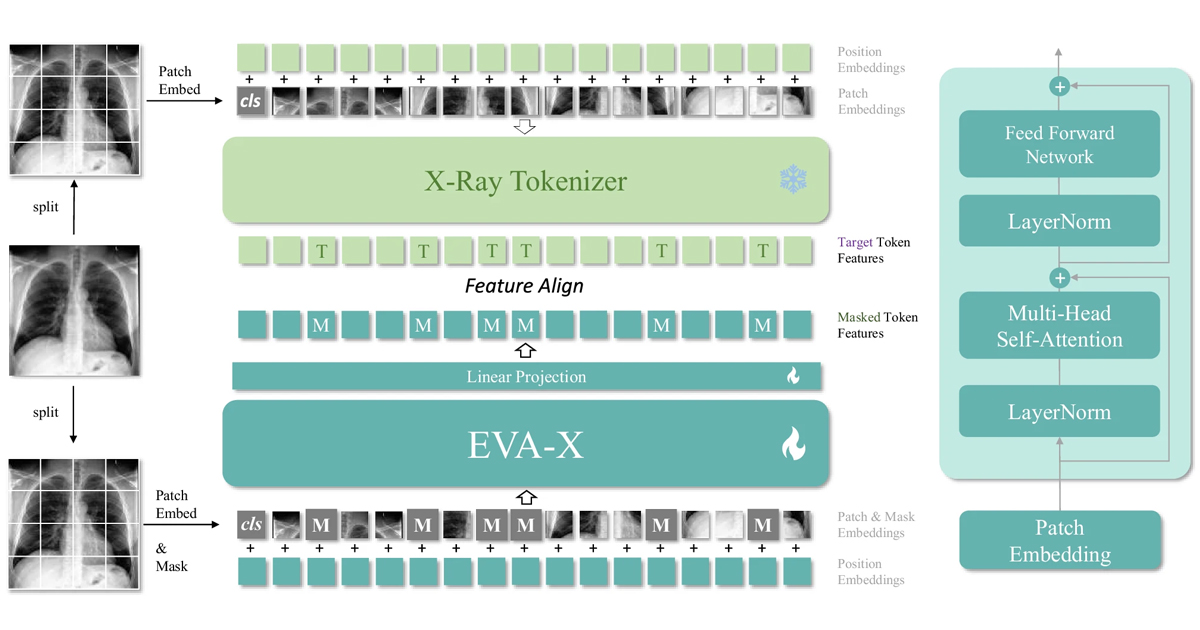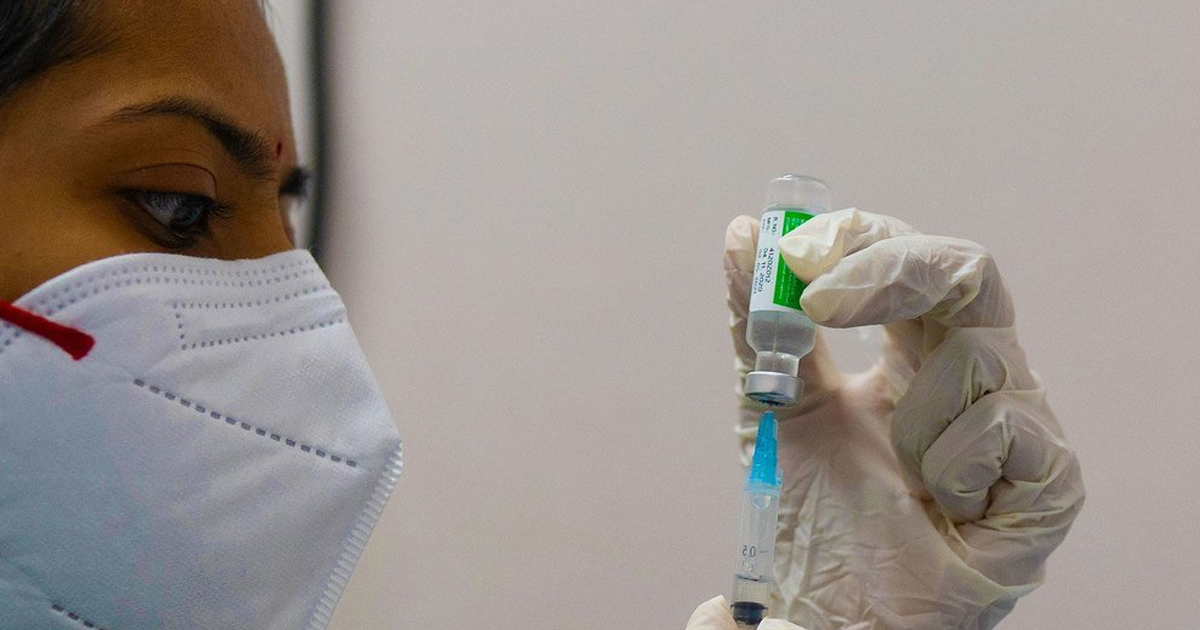La ley contempla la creación del “Programa Federal Único de Informatización y Digitalización de las Historias Clínicas de la República Argentina” y continuar con el proceso de digitalización del sistema sanitario para ofrecer una respuesta más rápida al consultar la información de los pacientes.
El Senado de Argentina aprobó por unanimidad el proyecto de ley que busca la digitalización de las historias clínicas que lleva como nombre “Programa Federal Único de Informatización y Digitalización de las Historias Clínicas de la República Argentina”. La digitalización de las historias clínicas considera diferentes datos del paciente, como los datos personales y del médico, antecedentes médicos, exámenes de laboratorio y estudios médicos, historial de internaciones en hospital y cirugías, medicamentos que utiliza el paciente, entre otros.

El siguiente paso será que la Cámara de Diputados haga lo propio y apruebe la creación de este programa Federal, que busca crear un registro único de la información médica de la población a través de la digitalización. La digitalización de los registros clínicos tiene como objetivo ser un documento legal, válido y seguro que contenga la información relacionada a la salud del paciente.
El senador Maurice Closs explicó que: “No ponemos ni plazos ni obligamos a las provincias ni a las obras sociales, pero sí que decimos que cuando se haga, se haga dentro de este sistema”. Refiriéndose a que sistemas privados han aplicado tecnología digital para la creación de expedientes clínicos. También hizo énfasis en que las historias clínicas pertenecerán al paciente.
Una vez aprobado el proyecto de ley por ambas cámaras y el poder ejecutivo, para comenzar su aplicación y uso el gobierno deberá proporcionar la instalación gratuita del software donde se desarrollará el expediente clínico, para cada hospital público nivel federal, provincial y municipal, así como a hospitales del sector privado y aquellos que pertenecen al seguro social.
La implementación del Sistema Único de registro de Historias Clínicas Electrónicas tendrá beneficios en el ejercicio de los profesionales médicos y personal de centros de salud ya que promueve el acceso a la información tanto para pacientes como para los profesionales.
Otro punto importante de un historial clínico con estas características es que facilita las tareas de vigilancia epidemiológica ya que recolecta información a tiempo sobre las condiciones de salud existentes en la población en un determinado momento. De esta forma se puede lograr un mayor control de enfermedades infecciosas contagiadas por vectores, como Zika, chikungunya, malaria, así como otras enfermedades virales como influenza, o incluso coronavirus.







